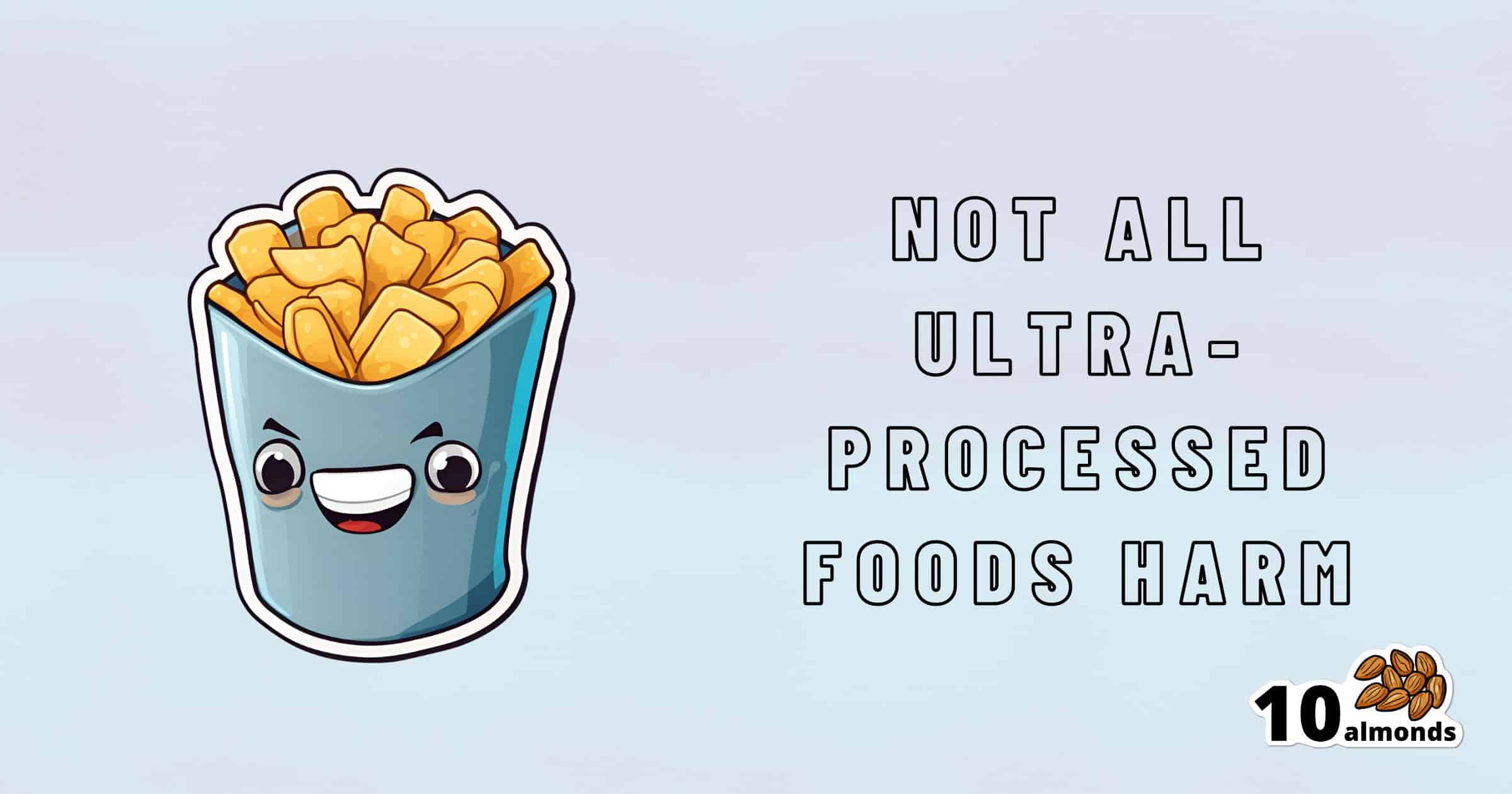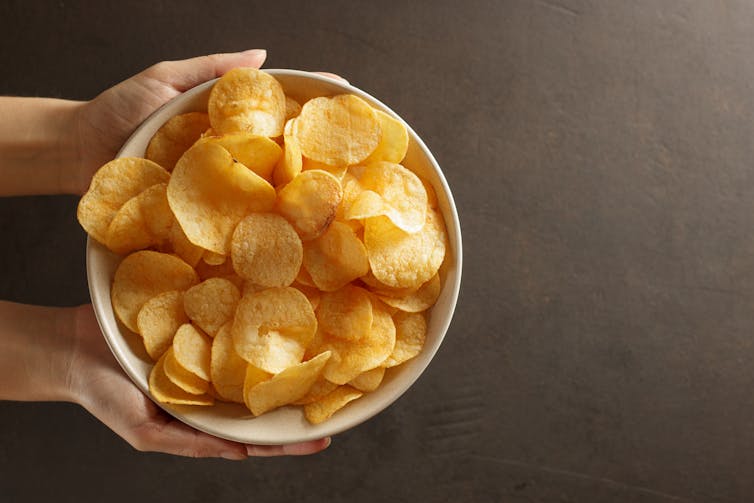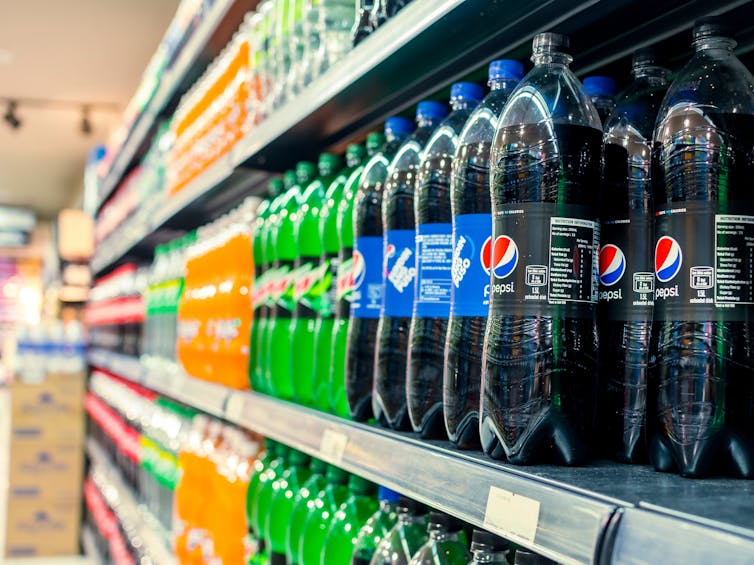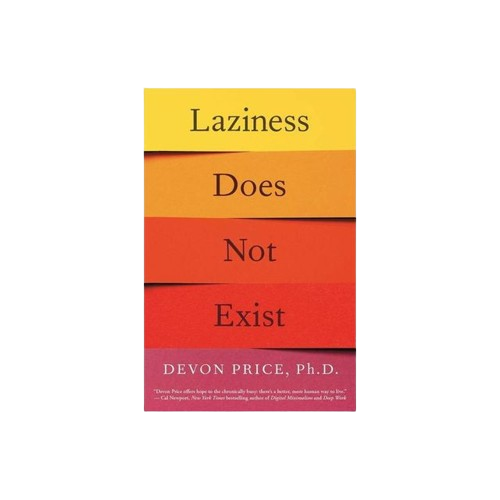Not all ultra-processed foods are bad for your health, whatever you might have heard
Recent evidence suggests not all ultra-processed foods are equally harmful, challenging the push to restrict them in dietary guidelines.

In recent years, there’s been increasing hype about the potential health risks associated with so-called “ultra-processed” foods.
But new evidence published this week found not all “ultra-processed” foods are linked to poor health. That includes the mass-produced wholegrain bread you buy from the supermarket.
While this newly published research and associated editorial are unlikely to end the wrangling about how best to define unhealthy foods and diets, it’s critical those debates don’t delay the implementation of policies that are likely to actually improve our diets.
What are ultra-processed foods?
Ultra-processed foods are industrially produced using a variety of processing techniques. They typically include ingredients that can’t be found in a home kitchen, such as preservatives, emulsifiers, sweeteners and/or artificial colours.
Common examples of ultra-processed foods include packaged chips, flavoured yoghurts, soft drinks, sausages and mass-produced packaged wholegrain bread.
In many other countries, ultra-processed foods make up a large proportion of what people eat. A recent study estimated they make up an average of 42% of total energy intake in Australia.
How do ultra-processed foods affect our health?
Previous studies have linked increased consumption of ultra-processed food with poorer health. High consumption of ultra-processed food, for example, has been associated with a higher risk of type 2 diabetes, and death from heart disease and stroke.
Ultra-processed foods are typically high in energy, added sugars, salt and/or unhealthy fats. These have long been recognised as risk factors for a range of diseases.

It has also been suggested that structural changes that happen to ultra-processed foods as part of the manufacturing process may lead you to eat more than you should. Potential explanations are that, due to the way they’re made, the foods are quicker to eat and more palatable.
It’s also possible certain food additives may impair normal body functions, such as the way our cells reproduce.
Is it harmful? It depends on the food’s nutrients
The new paper just published used 30 years of data from two large US cohort studies to evaluate the relationship between ultra-processed food consumption and long-term health. The study tried to disentangle the effects of the manufacturing process itself from the nutrient profile of foods.
The study found a small increase in the risk of early death with higher ultra-processed food consumption.
But importantly, the authors also looked at diet quality. They found that for people who had high quality diets (high in fruit, vegetables, wholegrains, as well as healthy fats, and low in sugary drinks, salt, and red and processed meat), there was no clear association between the amount of ultra-processed food they ate and risk of premature death.
This suggests overall diet quality has a stronger influence on long-term health than ultra-processed food consumption.

When the researchers analysed ultra-processed foods by sub-category, mass-produced wholegrain products, such as supermarket wholegrain breads and wholegrain breakfast cereals, were not associated with poorer health.
This finding matches another recent study that suggests ultra-processed wholegrain foods are not a driver of poor health.
The authors concluded, while there was some support for limiting consumption of certain types of ultra-processed food for long-term health, not all ultra-processed food products should be universally restricted.
Should dietary guidelines advise against ultra-processed foods?
Existing national dietary guidelines have been developed and refined based on decades of nutrition evidence.
Much of the recent evidence related to ultra-processed foods tells us what we already knew: that products like soft drinks, alcohol and processed meats are bad for health.
Dietary guidelines generally already advise to eat mostly whole foods and to limit consumption of highly processed foods that are high in refined grains, saturated fat, sugar and salt.
But some nutrition researchers have called for dietary guidelines to be amended to recommend avoiding ultra-processed foods.
Based on the available evidence, it would be difficult to justify adding a sweeping statement about avoiding all ultra-processed foods.
Advice to avoid all ultra-processed foods would likely unfairly impact people on low-incomes, as many ultra-processed foods, such as supermarket breads, are relatively affordable and convenient.
Wholegrain breads also provide important nutrients, such as fibre. In many countries, bread is the biggest contributor to fibre intake. So it would be problematic to recommend avoiding supermarket wholegrain bread just because it’s ultra-processed.
So how can we improve our diets?
There is strong consensus on the need to implement evidence-based policies to improve population diets. This includes legislation to restrict children’s exposure to the marketing of unhealthy foods and brands, mandatory Health Star Rating nutrition labelling and taxes on sugary drinks.

These policies are underpinned by well-established systems for classifying the healthiness of foods. If new evidence unfolds about mechanisms by which ultra-processed foods drive health harms, these classification systems can be updated to reflect such evidence. If specific additives are found to be harmful to health, for example, this evidence can be incorporated into existing nutrient profiling systems, such as the Health Star Rating food labelling scheme.
Accordingly, policymakers can confidently progress food policy implementation using the tools for classifying the healthiness of foods that we already have.
Unhealthy diets and obesity are among the largest contributors to poor health. We can’t let the hype and academic debate around “ultra-processed” foods delay implementation of globally recommended policies for improving population diets.
Gary Sacks, Professor of Public Health Policy, Deakin University; Kathryn Backholer, Co-Director, Global Centre for Preventive Health and Nutrition, Deakin University; Kathryn Bradbury, Senior Research Fellow in the School of Population Health, University of Auckland, Waipapa Taumata Rau, and Sally Mackay, Senior Lecturer Epidemiology and Biostatistics, University of Auckland, Waipapa Taumata Rau
This article is republished from The Conversation under a Creative Commons license. Read the original article.
Share This Post
Learn To Grow
Sign up for weekly gardening tips, product reviews and discounts.




